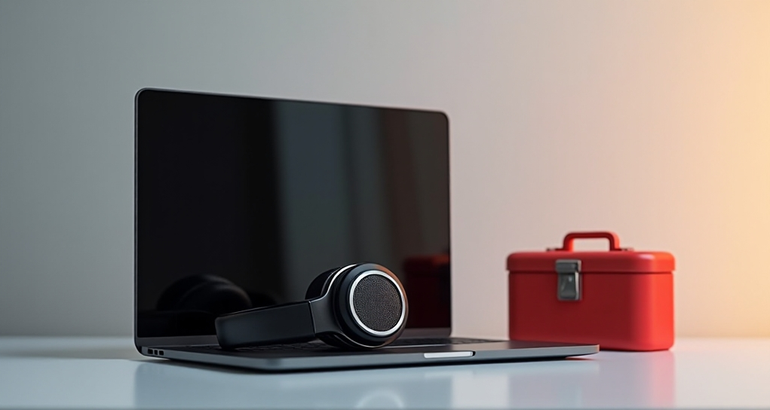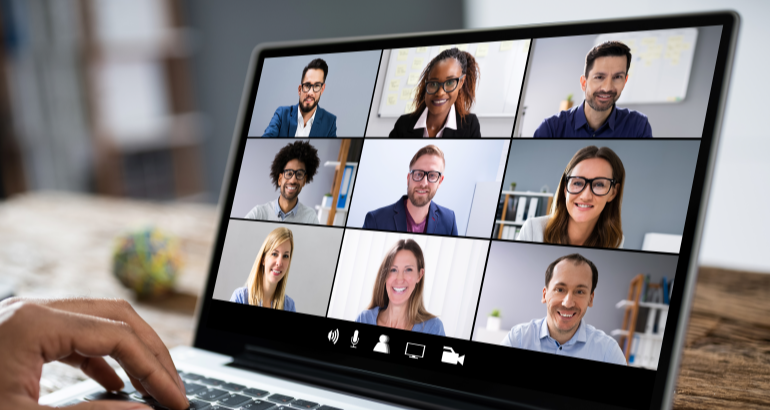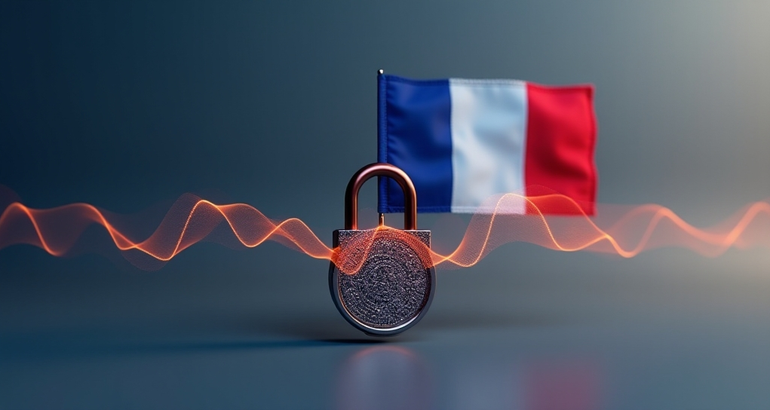Human factors are the weakest link in security and privacy

- Privacy
- Online threats





Contents
How to protect your cybersecurity and privacy
Human factors pose the greatest vulnerability in cybersecurity and privacy
Personal information shared on social media can become a target for attacks
Free services may entail data leakage risks
How to Improve Your Awareness and Skills in Cybersecurity and Privacy
How to protect your cybersecurity and privacy
Cybersecurity and privacy are crucial concerns in the digital age. We interact with the internet on a daily basis for work, education, entertainment, and socializing, leaving behind various digital footprints. However, do we realize the risks associated with these footprints? Have we taken adequate measures to safeguard our cybersecurity and privacy? This article will discuss the significance of cybersecurity and privacy and provide guidance on how to bolster our protection capabilities.
Human factors pose the greatest vulnerability in cybersecurity and privacy
Many individuals may assume that having robust firewalls, antivirus software, and encryption techniques is sufficient to ensure their cybersecurity and privacy. However, this is not the case. According to a survey, over 90% of cyber-attacks exploit human vulnerabilities, specifically through social engineering tactics. Social engineering involves manipulating people's psychology, emotions, and trust to deceive them into disclosing sensitive information about themselves or others, thereby achieving malicious objectives. For instance, hackers might send phishing emails that appear to be from legitimate organizations or individuals, requesting you to click on a link or attachment or provide your account credentials, passwords, credit card numbers, and other personal details. Falling victim to such attacks can result in malware infections, data theft, account hijacking, financial loss, and more.
Apart from direct attack methods like phishing emails, hackers may specifically target individuals by harvesting personal information shared publicly on social media platforms. By examining the photos, locations, activities, likes, and other information individuals post online, hackers can deduce their identities, locations, habits, interests, and other characteristics. This allows hackers to craft more persuasive and enticing phishing emails or perpetrate fraudulent phone calls. Additionally, hackers may exploit openly shared personal information on social media to guess or reset security questions associated with passwords, thereby gaining unauthorized access to accounts or data.
Free services may entail data leakage risks
Many people enjoy utilizing free services such as free email accounts, free cloud storage, and free applications. However, free services do not imply zero costs. Numerous free service providers collect and analyze user data to deliver personalized advertisements or recommendations. This data may encompass individuals' names, ages, genders, occupations, geographical locations, contact information, browsing histories, shopping records, and more. If this data is inadequately protected and encrypted, it can be stolen or leaked by hackers, resulting in unnecessary troubles and losses.
How to Improve Your Awareness and Skills in Cybersecurity and Privacy
Facing various threats and risks in terms of cybersecurity and privacy, we should not take it lightly or remain helpless. We can enhance our awareness and skills in cybersecurity and privacy through the following simple yet effective methods.
① Use Strong Passwords and Multi-Factor Authentication
A strong password consists of a combination of uppercase and lowercase letters, numbers, and special characters, with a minimum length of 8 characters. Strong passwords can effectively prevent hackers from guessing or cracking your password through brute-force attacks or dictionary attacks. Multi-factor authentication requires additional verification information, such as a phone verification code, fingerprint, facial recognition, etc., besides entering a password. Multi-factor authentication can effectively prevent hackers from logging into your accounts by stealing or guessing your password.
② Use VPN for Online Browsing
VPN, which stands for Virtual Private Network, establishes an encrypted tunnel between your device and the internet, protecting your data from eavesdropping or tampering during transmission. VPN also hides your real IP address, safeguarding your geographical location and identity from being tracked or exposed. Using VPN for online browsing can effectively prevent hackers, ISPs, governments, or other third parties from monitoring or interfering with your online activities. If you're looking for a secure, fast, stable, and user-friendly VPN service, you may consider using MetroVPN . MetroVPN is a professional VPN service provider with a global server network, supporting multiple platforms and devices, providing unlimited traffic and bandwidth, ensuring your network security and privacy.
③ Be Mindful of Personal Information
Shared on Social Media Sharing personal information publicly on social media may bring you some benefits, such as increasing popularity, making friends, gaining support, etc. However, this information may also be exploited by hackers for targeted attacks or scams. Therefore, when sharing personal information on social media, you should pay attention to the following points: (1) Set your privacy settings properly, allowing only trusted people to see your information. (2) Do not trust messages or requests sent by strangers or unfamiliar organizations or individuals. (3) Avoid disclosing sensitive information such as password hints, bank card numbers, ID numbers, etc., on social media. (4) Refrain from disclosing overly detailed or identifiable personal information on social media, such as home addresses, workplaces, travel plans, etc.
④ Exercise Caution with Free Services
Free services may provide you with convenience and cost savings, but they may also come with risks and drawbacks. Therefore, when using free services, you should consider the following points: (1) Read and understand the privacy policy and user agreement of the free service provider to learn how they collect, use, store, and share your data. (2) Choose reputable and well-known free service providers, avoiding the use of obscure or poor-quality free services. (3) Regularly clean up and back up the data you store or use in free services to prevent data loss or leakage. (4) Try not to store or use excessively important or sensitive data, such as financial records, medical records, legal documents, etc., in free services.






